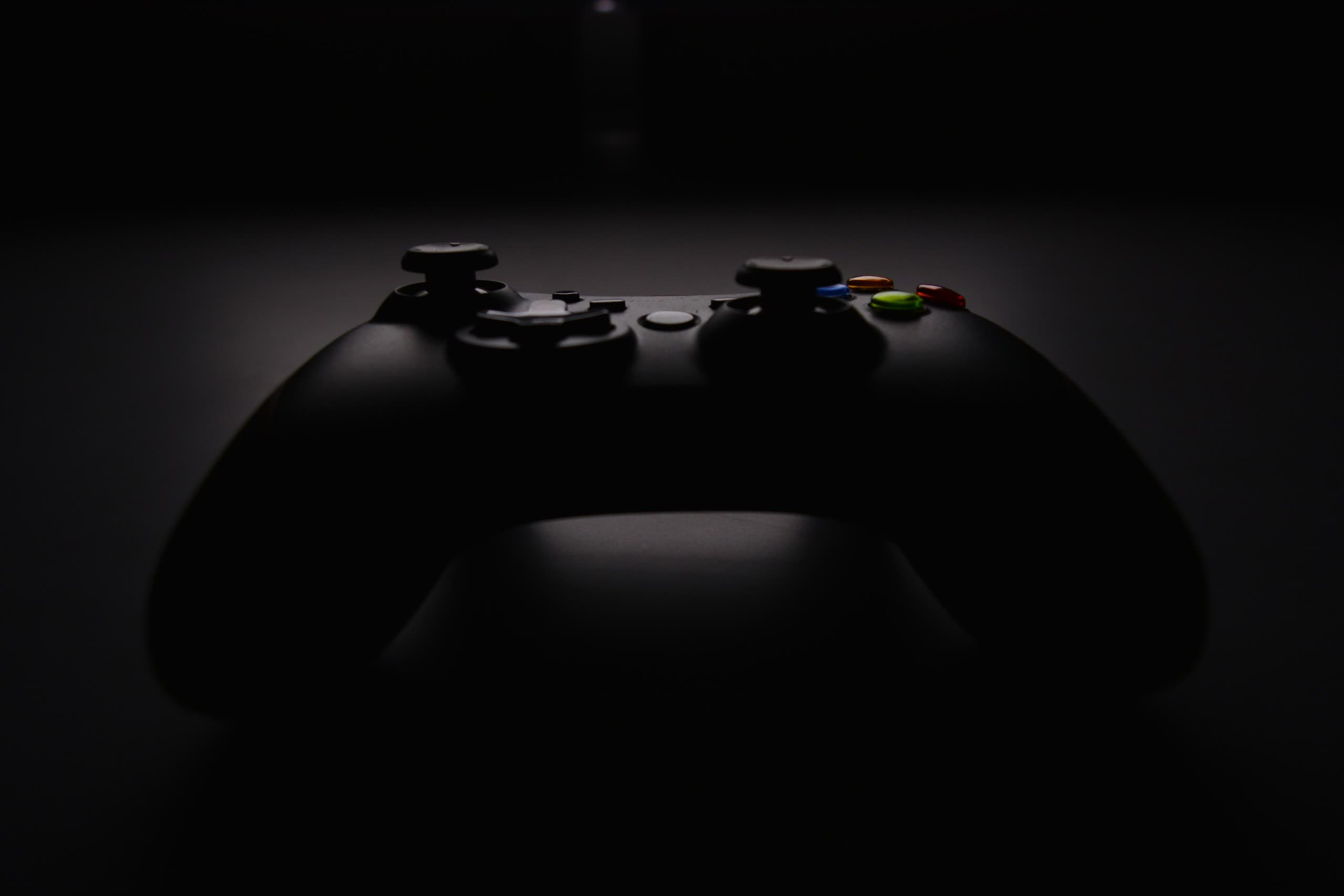Editor's take: In 2019, the World Health Organization finally acknowledged that video game addiction is real. Although they intentionally avoid calling it that, opting for the more politically correct terminology "gaming disorder." The WHO's recognition blew the litigation doors wide open for parents unwilling to take responsibility for their children's out-of-control gaming behavior.
A complaint filed on October 30 against five of the biggest publishers in gaming - Activision Blizzard, EA, Epic Games, Microsoft, and Ubisoft - accuses them and some of their studios of purposefully enabling video game addiction. The lawsuit, posted by Insider Gaming, was entered into the Eastern District of Arkansas and lists 14 charges ranging from negligence to misrepresentation and violations of the Deceptive Trade Practice Act.
In addition to the publishers, the action lists several specific studios, such as Infinity Ward, Treyarch, Sledgehammer Games (collectively under Activision), EA DICE, and Ubisoft Montreal. Plaintiffs only listed a few games that G.D. "played or plays," including Fortnite, Rainbow Six, Battlefield, and Call of Duty. The suit also lists the Microsoft Store, Google Play, and Xbox Game Pass as culprits.
Plaintiffs Casey Dunn and her husband Thomas, filing on behalf of their minor son G.D., contend that the gaming companies are responsible for their son's 12-14 hour per day video game addiction. The Dunns claim G.D. has spent over $3,000 on microtransactions and DLC. This figure does not include the $350 per month spent on services like Xbox Game Pass, Battlepasses, and other game-related subscriptions.
"Defendants manufactured, published, marketed, and sold video games, including those played by G.D., that Defendants had specifically developed and designed to cause the addiction experienced by G.D. and other users," the suit reads. "Defendants use traditional game tactics such as feedback loops and reward systems, along with patented designs containing addictive features and technology to ensure its users keep playing longer and spending more on 'microtransactions' within the game."
The plaintiffs are seeking an amount to be determined by the court to cover injuries to G.D. sustained from his addiction, such as physical pain in his hands, elbows, and shoulders. They also want monetary compensation for the parents' "economic loss," statutory and punitive damages, and legal fees.
Plaintiff lawyers spend a great deal of the 129-page filing describing video game addiction and how game companies create monetization practices that leverage addictive behavior, hooking players to spend more money. Specific examples of addictive game mechanics include the usual trigger words like "loot boxes" and "pay-to-win transactions."
The lawsuit even points to various marketing patents it claims studios use to reel in addicted players. For instance, Activision allegedly patented a matchmaking method that pits non-premium players against players who have purchased items to entice the gamer to buy premium gear or cosmetics from the store.
